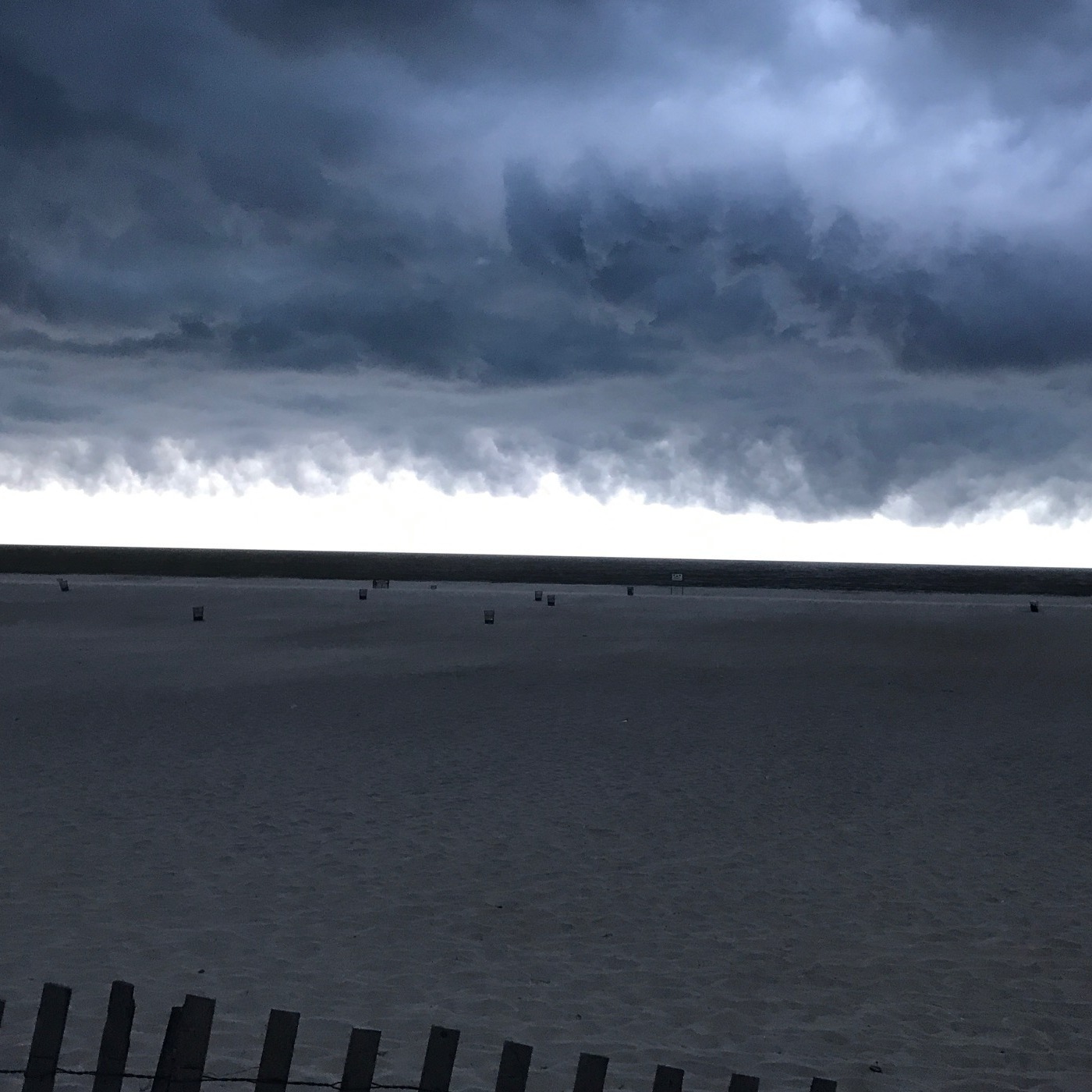Bonus - Second Epilogue, Chapter 4: Power as Collective Will
Note: There are NO spoilers in the the 2nd Epilogue to War & Peace, which is analyzed in bonus chapters. This final part of the novel involves a metaphysical exploration of the philosophy underlying W&P.
As Tolstoy (through Marya Bolkonskaya) expressed early in the novel, it is preferable to abide by the laws of Christ rather than academic sources.
Tolstoy posits that history cannot take a step forward {meaning an understanding of history can’t be approached} until there is a return to belief in a divinity that interferes in human affairs. Though Tolstoy wants to advance his Faith in an all-knowing and omni-benevolent God, he realizes within the age of Enlightenment, such a switch is not possible. The subtext is to trust the wisdom of God more than “enlightened minds” trying to interpret history.
Tolstoy attempts to conceptualize the concept of power and what he means is the force that produces historical events, a province formerly attributed to God. His memorable definition of power is “the collective will of a people transferred to a ruler by either express or unspoken consent.” Essentially, he sets up a nature of power only to challenge it.
Tolstoy stresses that power comes from the people and is given away. He argues that we take for granted Napoleon could raise 600,000 men from a cross-section of Europe to go to war. In Tolstoy’s view, Napoleon had no supernatural qualities nor moral force. Though critical, Tolstoy feels studying Napolean leads to a closer understanding of the nature of power – even if the efforts lays bare our limitations.
Tolstoy points out how various historical figures had immense influence but lacked morality. He references Louis XI and the Austrian diplomat, Klemens Von Metternich. He was searching for the set of qualities they had allowing them to wield such influence.
Tolstoy then questions whether leaders regarded as subpar are representative of any collective will. He then acknowledges how mistakes, accidents and unexpected developments precipitate major events. Palace coups, for example, begin with designs of such a small group that it is difficult to associate them with a collective will. Rebellions can also begin with the most unlikely causes – such a Cossack rebellion led by Yemelyan Pugachev, which began after taxation on fishing. We are asked to consider: Are those who led such rebellions motivated by any collective will? When lands are conquered is it ever representative of the will of the people conquered?
Tolstoy also ponders: when power is transferred (by a supposed collective will) is it conditionally or unconditionally transferred? He explores whether rulers break spoken or unspoken covenants and forfeit power. He expresses that leaders must be held to do the right thing but acknowledges the complexity of determining what is right. It is something of a magical formula. Such unknowns can include: taxing a population too much or too little; not granting freedoms vs. being too permissive; not keeping up with the times vs. respecting tradition. He appears to be comparing the values of a given time (such as “equality,” “enlightenment” and “progressivism”) with the timeless values found in Scripture. He speaks to the changing values of historians/academics and highlights how such perceptions effect how they judge events.
Ultimately, Tolstoy sees a problem with historical analysis and presses on the inability to determine causes. He argues that the belief in a God who controls events, common among peasants, is just as valid as any level of historical analysis. This chapter is something of a challenge to intelligentsia. Tolstoy wrote 300+ chapters of W&P to express that it is impossible for humans to pin down the causes of Napoleon's invasion of Russia. Nevertheless amidst the tumult -- he was able to portray the greatness that can’t help but shine through the most trying of circumstances.
